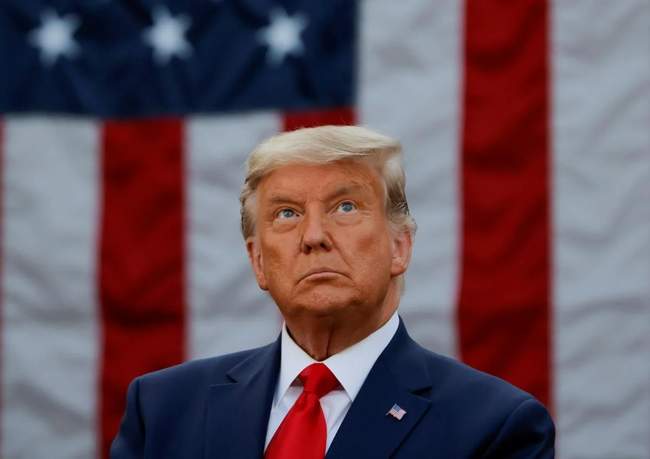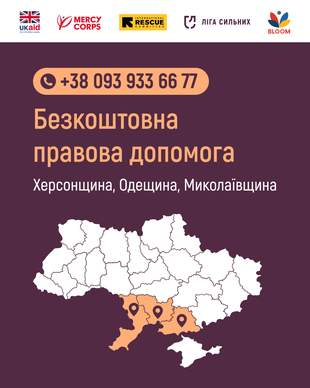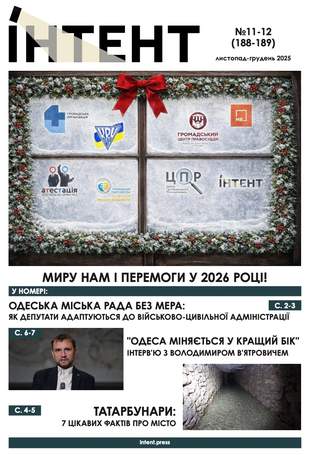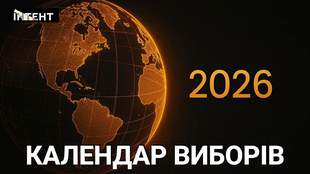Меню
Соціальні мережі
Розділи
Nov. 7, 2024, 11:02 a.m.
Trump's "peace plan" for Ukraine may include points of rejection of NATO and freezing of the front
This article also available in English313

Photo: REUTERS
Donald Trump's "peace plan" to end the war in Ukraine may include a demand to refuse to join NATO for 20 years and freeze the front line without returning territories.
According to The Wall Street Journal (WSJ), Trump has not yet approved a specific plan, including how he will convince Putin and Ukrainian President Volodymyr Zelenskyy to sit down at the negotiating table.
"Although advisers have offered ideas, the final decision will be up to Trump, they said," the newspaper writes.
Thus, one of the ideas proposed to Trump, which was described in detail to the WSJ by three people close to the president-elect, is that Kyiv promises not to join NATO for at least 20 years. In exchange, the United States will continue to supply Ukraine with weapons to deter a future Russian attack. Also, according to this plan, the front line will be frozen, and both sides will agree to a demilitarized zone. It is not yet clear who will control this territory, but one of the advisors said that the peacekeeping force will not include U.S. troops.
"We can provide training and other support, but the barrel of the gun will be European. We are not sending American men and women to keep the peace in Ukraine. And we will not pay for it. Let the Poles, the Germans, the British and the French do it," said one of Trump's team members.
Earlier this year, Keith Kellogg and Fred Fleitz, who worked in Trump's first White House, presented Trump with an action plan that included a refusal to supply weapons to Ukraine until Kyiv agrees to peace talks with Russia. Ukraine may try to regain the lost territories, but it will have to do so through diplomatic negotiations.
Which of these strategies Trump will pursue remains to be seen. However, any attempt to start peace talks between Ukraine and Russia, let alone conclude an agreement, will face many obstacles, the WSJ notes. First, Ukraine and Russia still pursue completely different military goals and do not seek to change them. The Kremlin shows little desire to negotiate and demonstrates readiness to escalate the conflict.
In addition, there will be fierce resistance from some NATO allies, who see Russia's aggression against Ukraine as a direct threat to their countries. At the same time, Volodymyr Zelenskyy, whose country is heavily dependent on the United States for military and financial aid, may be easier to force into negotiations, the WSJ notes, but he will face public resistance that will view the cession of territory as a capitulation to Moscow.
Earlier ,Mykhailo Shabanov , associate professor of political science at the Mechnikov National University of Kyiv, told Intent.Insight that the victory of any of the US presidential candidates would not lead to the termination of aid to Ukraine, but they would act differently.
Mykhailo Shabanov assessed Donald Trump as a man who likes to be liked, and primarily by Americans. The American audience, according to the political scientist, is less interested in foreign policy, but in this area, the perception of the United States as a hegemonic country is important to them.









